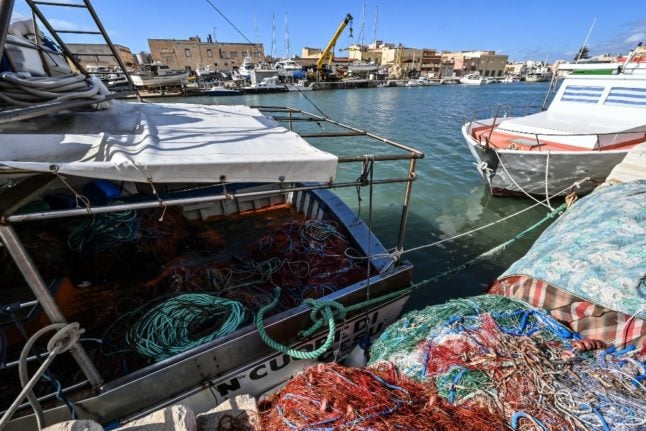Buon rientro a casa pic.twitter.com/MKYISFeTmV
— Giuseppe Conte (@GiuseppeConteIT) December 17, 2020


Eighteen Italian fishermen have been released after being held prisoner in Libya for more than three months, ending a tense political standoff.

Buon rientro a casa pic.twitter.com/MKYISFeTmV
— Giuseppe Conte (@GiuseppeConteIT) December 17, 2020


Member comments